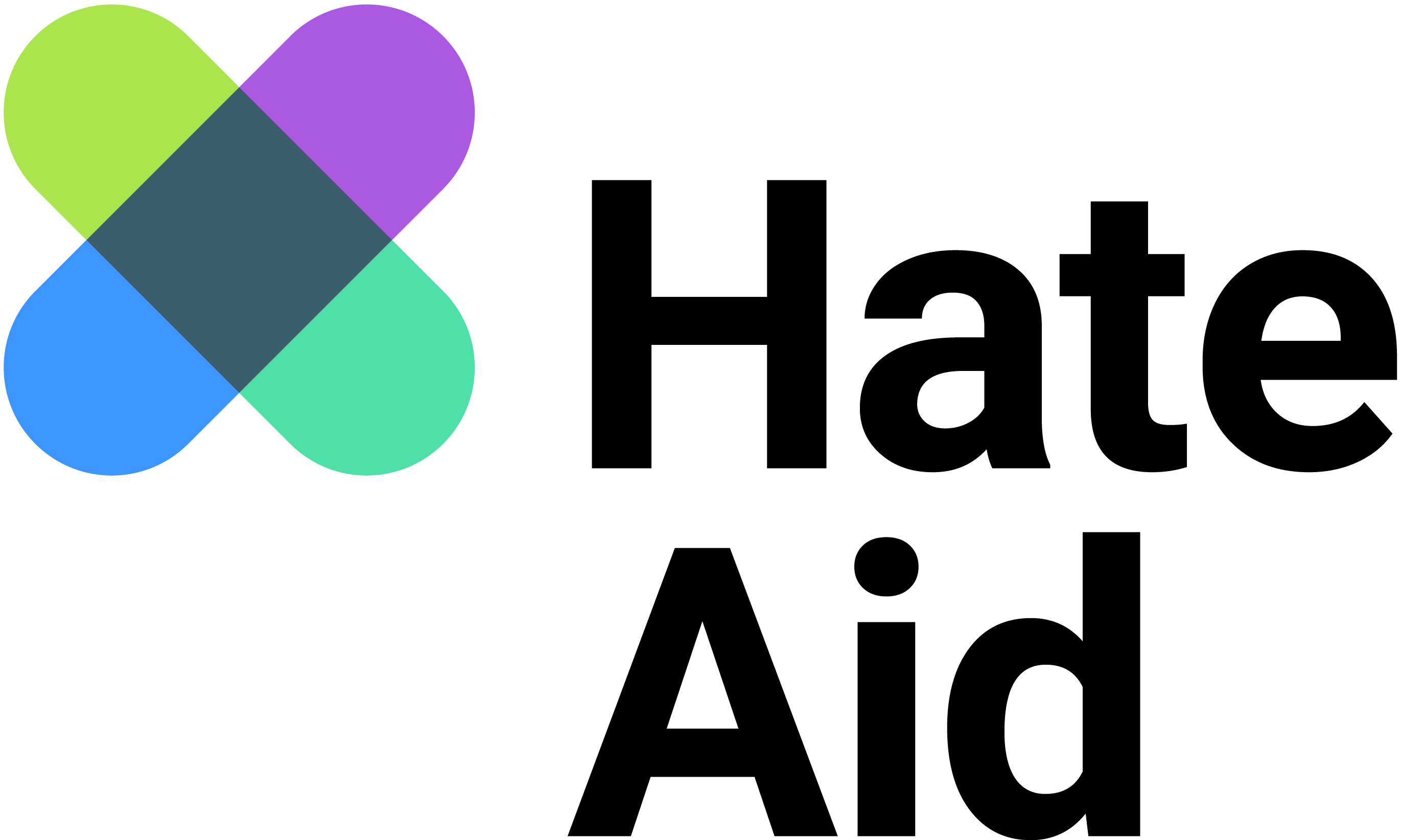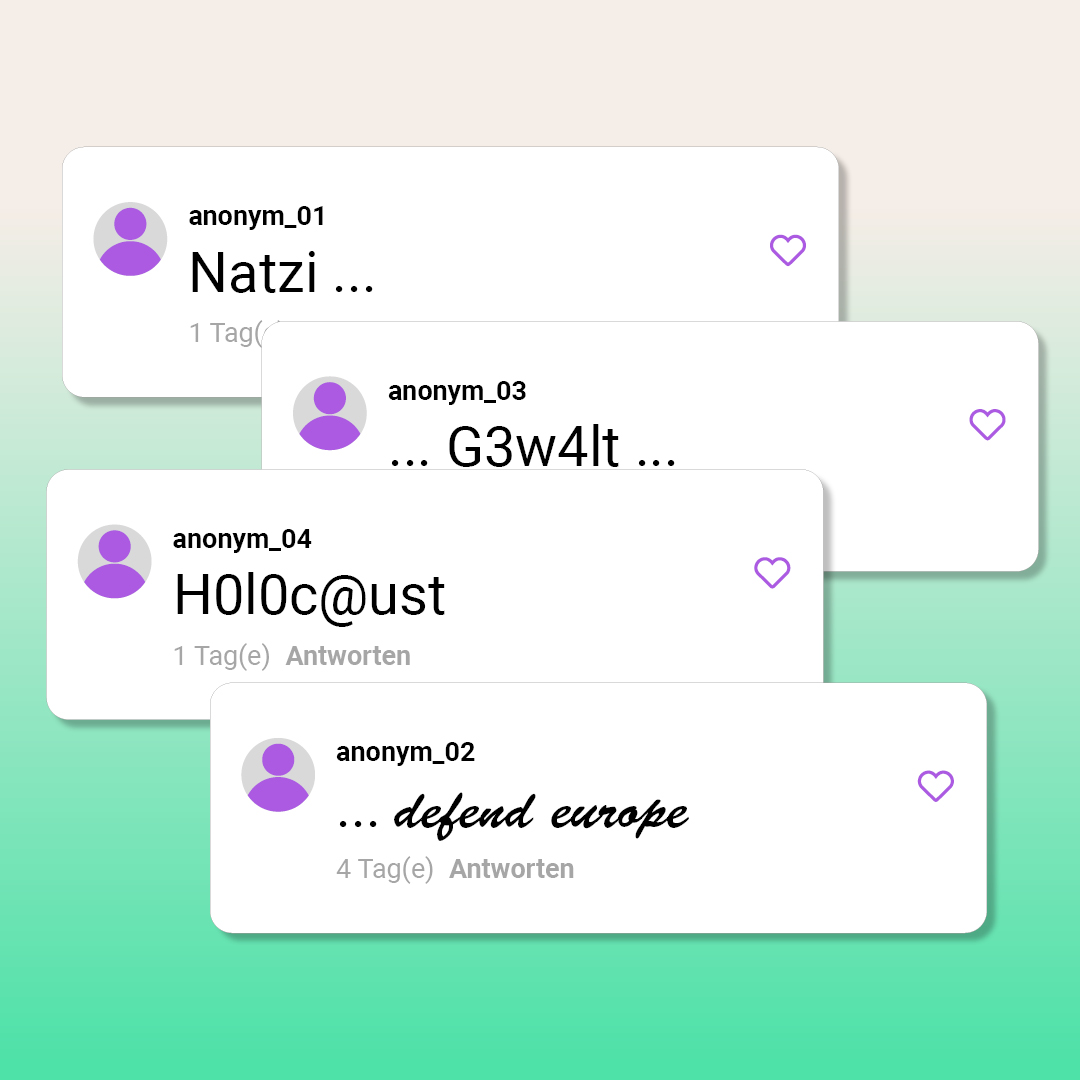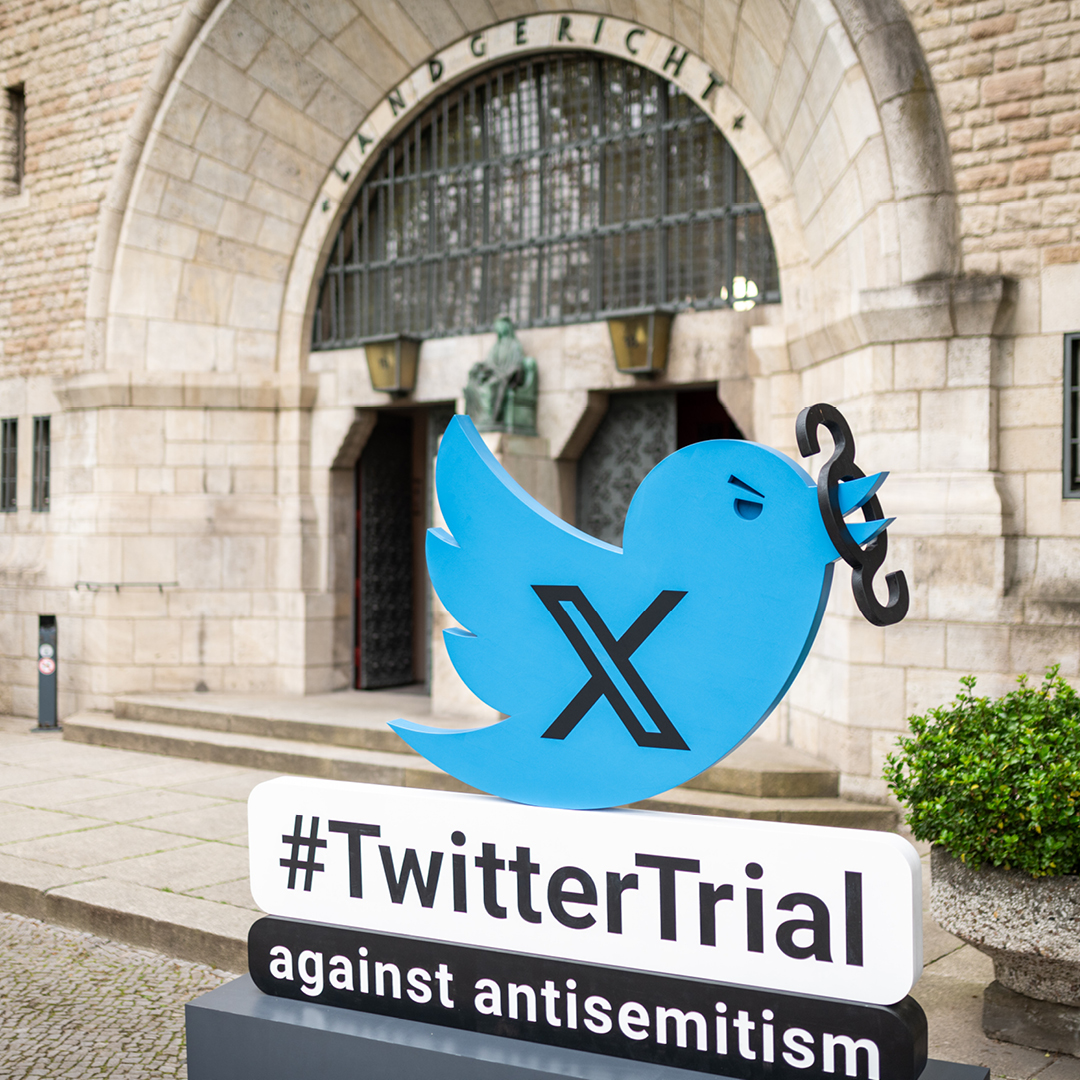Digital Services Act: With an international petition to the EU 30,000 people call for an end to digital violence against women
Today marks the start of the trilogue between the European institutions on the Digital Services Act (DSA). The new internet law could establish essential rights for those affected by hate and violence on the internet. With an international petition, HateAid, together with 20 civil society organisations, now aims to exert pressure to end the suffering of thousands of women and girls. More than 30,000 signatures will be handed over to MEP Christel Schaldemose, rapporteur and lead negotiator for the European Parliament on the DSA.
For years, there has been an escalation of violence on the internet: Every second woman is insulted, threatened, and attacked on social media. Secretly filmed videos and stolen intimate images of women or young girls are distributed en masse on porn platforms. Their private addresses are leaked. More than 30,000 Europeans are now calling for an end to this violence in an international petition to the European Union (EU) initiated by HateAid. With the DSA, the EU now has a historic opportunity to establish strong rights for victims of digital violence vis-à-vis the social media platforms. Some of HateAid’s demands have already been taken up into the European Parliament’s and Council’s positions. Nevertheless, there is a strong need for improvements on other points during the trilogue negotiations to achieve an effective outcome for the victims.
Anna-Lena von Hodenberg, executive director of HateAid commented:
„Digital violence has reached threatening dimensions across Europe. Especially for women and girls, the internet is no safe place: They face massive sexist insults, rape threats, sexual harassment, and abuse through non-consensual publication of intimate images. The European Union now can protect its citizens from this violence with the DSA and hold the platforms accountable. For Germany this means: If the new German government is serious about fighting hate and disinformation, it must make it a top priority in Europe.”
In recent months, there had been increased discussions in Germany about the fight against hate on the internet and the regulation of platforms. HateAid warns that Germany could fall behind the NetzDG standard of protection if the DSA does not focus more on user rights.
HateAid, together with 20 partner organisations and 30,000 supporters of the petition, is calling for:
- Take down stolen nudes! Every day intimate images get stolen, faked, and uploaded to porn platforms without consent. We demand effective measures to prevent the frequent abuse of intimate images EU-wide.
- Oblige online platforms to remove illegal content! Reported illegal content must not continue to remain online for months.
- Let users decide what is displayed on social media! Users must be able to have a choice when it comes to recommender systems.
- Make courts accessible to users! We want to be able to defend ourselves – without having to plunge into financial ruin! Legal proceedings must become cheaper and simpler. We demand fast-track access to courts for all users.
- Provide easy and effective contact options for users! Users need easy-to-reach contact points for communication and complaints to online platforms in every Member State – accessible to users in one of the official languages of their country.
Although the European Parliament’s Report on the DSA already takes up some of these demands, the position falls short of expectations in terms of complaint mechanisms: For those affected by digital violence, there is no possibility to complain to the platforms directly if they fail to remove hateful content. The consequences: people most affected by rape threats, death threats and insults such as women, Jews, or Black people, must endure the public hate1. Users are fully dependent on content moderation practices of the platforms and should be further empowered against wrongful platform decisions. Already, these groups are withdrawing more and more from social media. The authors of the petition fear that this development will intensify if the EU does not act now.
MEP Christel Schaldemose on the occasion of the handover of the petition in Brussels:
“I am happy to see that so many have signed this petition. To me it sends a clear and strong signal that more must be done to ensure a safer and fairer internet. It’s time to put an end to the digital wild west. We need to ensure better rights for users, stop the spread of illegal content online and give users better choices on what they see on the platforms. I believe we share many of the same objectives, and I hope we will be able to succeed in taking back the control from the tech giants.”
This petition is supported by:
Anna Nackt (Germany), Associação #NaoPartilhes (Portugal), BeLonG To (Ireland), bff – Bundesverband der Frauenberatungsstellen und Frauennotrufe (Germany), digitalt ansvar (Denmark), Das NETTZ (Germany), Digitale Helden (Germany), European Women’s Lobby (International), iamhere international (International), #Ichbinhier (Germany), INACH (International), #jesuislà (France), Media Diversity Institute (International), neue deutsche medienmacher*innen (Germany), #NetzCourage (Switzerland), NO HATE SPEECH MOVEMENT (International), PantallasAmigas (Spain), Plan International Deutschland e.V. (Germany), Stop Fisha (France), Zara (Austria)






